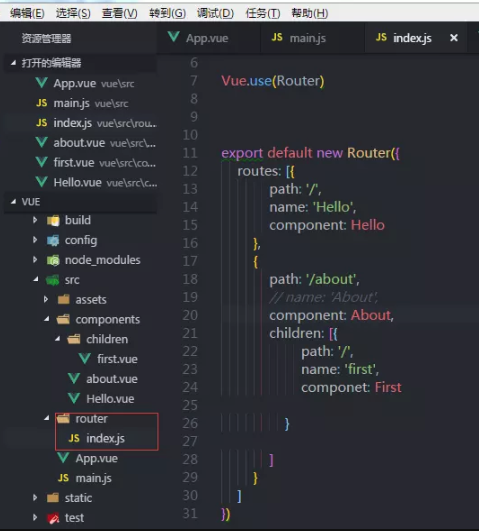Who Is Getting Student Loans Forgiven? Understanding the Eligibility Criteria and Impact on Borrowers
**Who is getting student loans forgiven?** This question has been at the forefront of discussions surrounding student debt relief in the United States. With……
**Who is getting student loans forgiven?** This question has been at the forefront of discussions surrounding student debt relief in the United States. With the rising cost of education, many borrowers are seeking clarity on who qualifies for loan forgiveness programs and what steps they need to take to benefit from these initiatives.
#### Understanding Student Loan Forgiveness
Student loan forgiveness refers to the cancellation of some or all of a borrower's student loan debt. This can occur through various programs designed to assist specific groups of borrowers, such as public service workers, teachers, or those with disabilities. The primary goal of these programs is to alleviate the financial burden of student loans, allowing borrowers to focus on their careers and personal lives without the stress of overwhelming debt.
#### Who Is Eligible for Student Loan Forgiveness?
Several key programs offer student loan forgiveness, each with its own eligibility criteria.

1. **Public Service Loan Forgiveness (PSLF)**: This program is aimed at borrowers who work in qualifying public service jobs, including government and non-profit organizations. To qualify, borrowers must make 120 qualifying monthly payments under a qualifying repayment plan while working full-time for a qualifying employer.
2. **Teacher Loan Forgiveness**: Teachers who work in low-income schools or educational service agencies may qualify for forgiveness of up to $17,500 on their Direct Subsidized and Unsubsidized Loans. To be eligible, teachers must have completed five consecutive years of service in a qualifying school.
3. **Income-Driven Repayment (IDR) Forgiveness**: Borrowers enrolled in income-driven repayment plans may have their remaining loan balance forgiven after 20 or 25 years of qualifying payments, depending on the specific plan.
4. **Total and Permanent Disability Discharge**: Borrowers who are totally and permanently disabled may qualify for discharge of their federal student loans. This requires documentation from a qualified physician or the Social Security Administration.

#### The Impact of Student Loan Forgiveness
The implications of student loan forgiveness are significant, not just for individual borrowers, but for the economy as a whole. For many, forgiveness can mean the difference between financial stability and ongoing struggles with debt. It can enable borrowers to invest in homes, start businesses, or save for retirement, thereby contributing to economic growth.
Moreover, student loan forgiveness can help address systemic inequalities in education and employment. Many borrowers who benefit from these programs come from underrepresented backgrounds or have pursued careers in public service, which often pay less than private sector jobs. By alleviating their debt burdens, these programs promote equity and access to education.
#### Conclusion

In conclusion, understanding **who is getting student loans forgiven** is crucial for borrowers who are navigating the complexities of student debt. With various programs available, it's essential for individuals to research their eligibility and take proactive steps to apply for forgiveness. As discussions around student loan reform continue, staying informed about these opportunities can empower borrowers to make informed financial decisions and pursue their career goals without the weight of student debt holding them back.
By exploring the different avenues for loan forgiveness, borrowers can not only find relief from their financial burdens but also contribute positively to their communities and the economy.